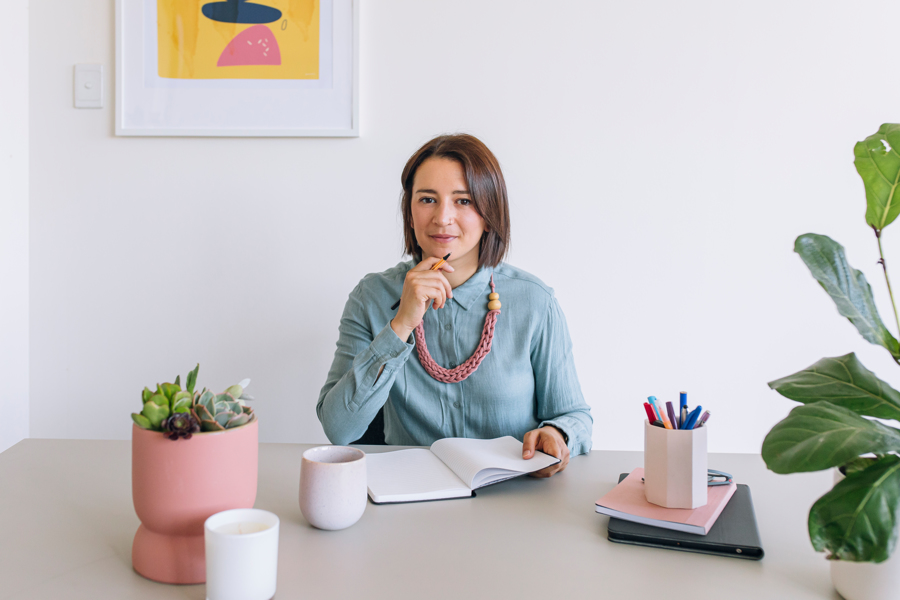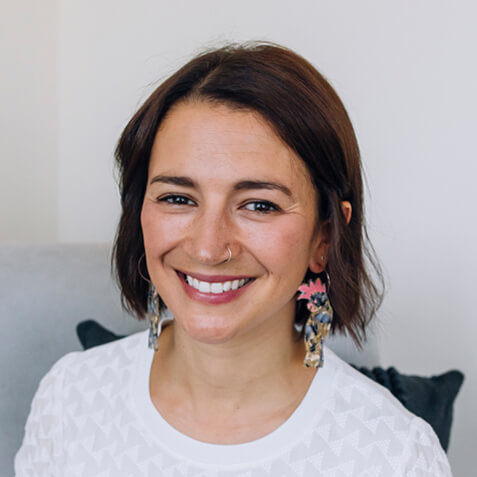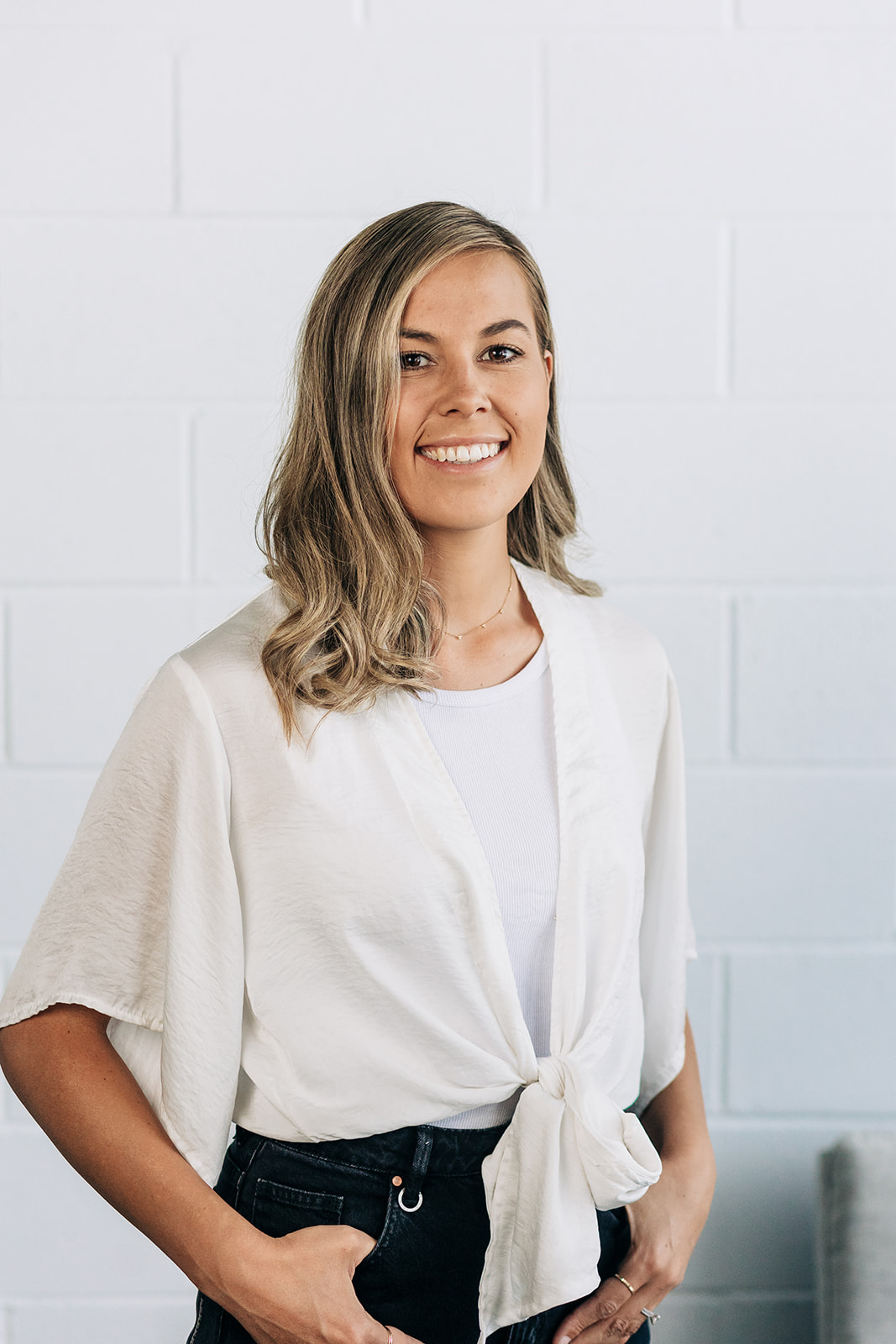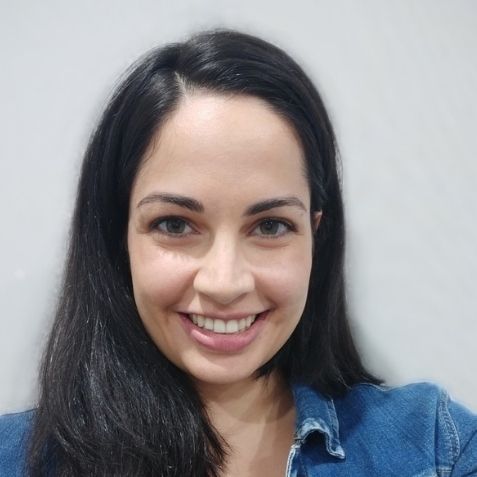Each day in the life of an Accredited Mental Health Social Worker in private practice is unique and exciting.
Each day includes a range of exciting and different activities and tasks. These include:
- Providing counselling and therapeutic support
- Admin work like writing letters to GP’s and Psychiatrists
- Creating resources for clients
- Reading textbooks and articles
- Preparing for sessions, case conceptualising and planning
- Attending group supervision
- Running group supervision
- Professional learning – watching webinars and online learning
A typical day
My days vary from week to week, I plan about 4 – 6 weeks ahead and allow time for seeing clients, completing admin, participating in training and working around any personal needs and errands I may have.I have regular days I’m in the office seeing clients and the other days are a mixture of training, workshops, admin, business strategy, learning, networking and creating resources and podcast episodes.
My routine
● I walk or ride to work (when it’s sunny) around 9.30 am, sometimes I start later at 10.30 and work until 5.30/6.30. This gives me time to walk the dog and go to the gym before work. I feel better when I exercise before a day of client work.
● I water my plants (I have an abundance of indoor plants in my office) and hit the emails. I follow up with clients, chat with our admin team and begin preparing for the day.
● After lunch I’ll make some phone calls and do my case notes for the morning.
● After seeing another 2 clients I usually stop for a break, I walk down to my local cafe for a chai tea or simply go for a walk to stretch my legs.
Other Tasks
- Podcasting – I am the host of This Comeplex Life podcast I spend some time usually on a Friday researching podcast guests or interviewing folk.
- I run PArenting workshops like Tuning into Teens and Connected Teens
- I spend time creating activities for my clients, I work a lot with teens so I spend time coming up with fun and engaging activities to do with them
- Creating social media and blog posts, which include coping strategies, affirmations and other tools
- Attending networking events – The Therapy Hub hosts local Mental Health Professionals Network events every 3 – 4 months. I coordinate the network and plan the events.
Some FAQ’s
Client work:
-
- Can you share any specific counselling techniques or approaches you find most effective in your practice?
- What types of clients do you typically work with, and what are some common mental health issues you address?
I work with teens, adolescents, young adults, couples and families. I bring together EMDR Therapy, ACT, Family Therapy and couples therapy into my work. People who see me are often in distress and experience anxiety and /or depression. A large percentage of my caseload are folk who are sexually and gender diverse and neurodivergent.
Administrative Tasks:
-
- How important is administrative work in your private practice, and how do you manage it efficiently alongside client care?
- What kinds of documentation or paperwork are essential for your practice, and how do you stay organised with it?
I have created a lot of tools and templates to streamline my work. I schedule admin time to catch up on notes and letters.
I use things like dictation features on my devices, iPad and note-taking tools to make things easier and quicker. Admin is super important and spending time to write letters, case formulations and complete required paperwork for third party providers is part of good quality clinical care.
Resource Creation and Professional Development:
-
- Could you elaborate on the resources you create for clients? What kinds of materials are most beneficial to them?
- How do you stay updated with the latest research and developments in the field of mental health?
I create exercises and activities for some clients to take home and practice. This could be question cards, worksheets or mini-challenges based on what we’ve been working on. I enjoy getting out coloured paper, laminating and making things for them or sometimes with them.
I stay updated with research and development by attending networking events, watching webinars, listening to podcasts, regular supervision and lots of reading. I spend about 10 hours a week on professional development.
Professional Networking and Learning:
-
- What role does professional networking play in your career, and how do you maintain connections with other mental health professionals?
- Can you provide insights into your approach to continuous learning, such as attending webinars and online courses?
I love networking, it’s been my favourite things to do since before I graduated. I am a member of a number of groups, I attend events, speak at workshops and have regular 1:1 coffee dates and catch-ups. I send out weekly newsletters to my broader network updating them on what I am working on and what resources I have created – You can sign up here
In regard to learning, I listen to a lot of things while walking which I enjoy. I try read a bit every day and I get regular newsletters from organisations sharing valuable resources and information. I balance this with reading content from people with live experiences, watching documentaries, following on social media, and accessing stories by those who experience and live with the presentations I see in my work.
Perks of the job
Some afternoons also include doing some online training, networking or participating in group supervision.
My schedule is very flexible and I can work around my own personal needs and work to my own energy levels. That could mean starting later and finishing later on some days or starting earlier and finishing earlier on others.
If you are interested in joining The Therapy Hub team, take a look at our available positions or express your interest on our Join Our Team page.
Written by Accredited Mental Health Social Worker Marie Vakakis, To learn more about Marie read her bio here.








Recent Comments